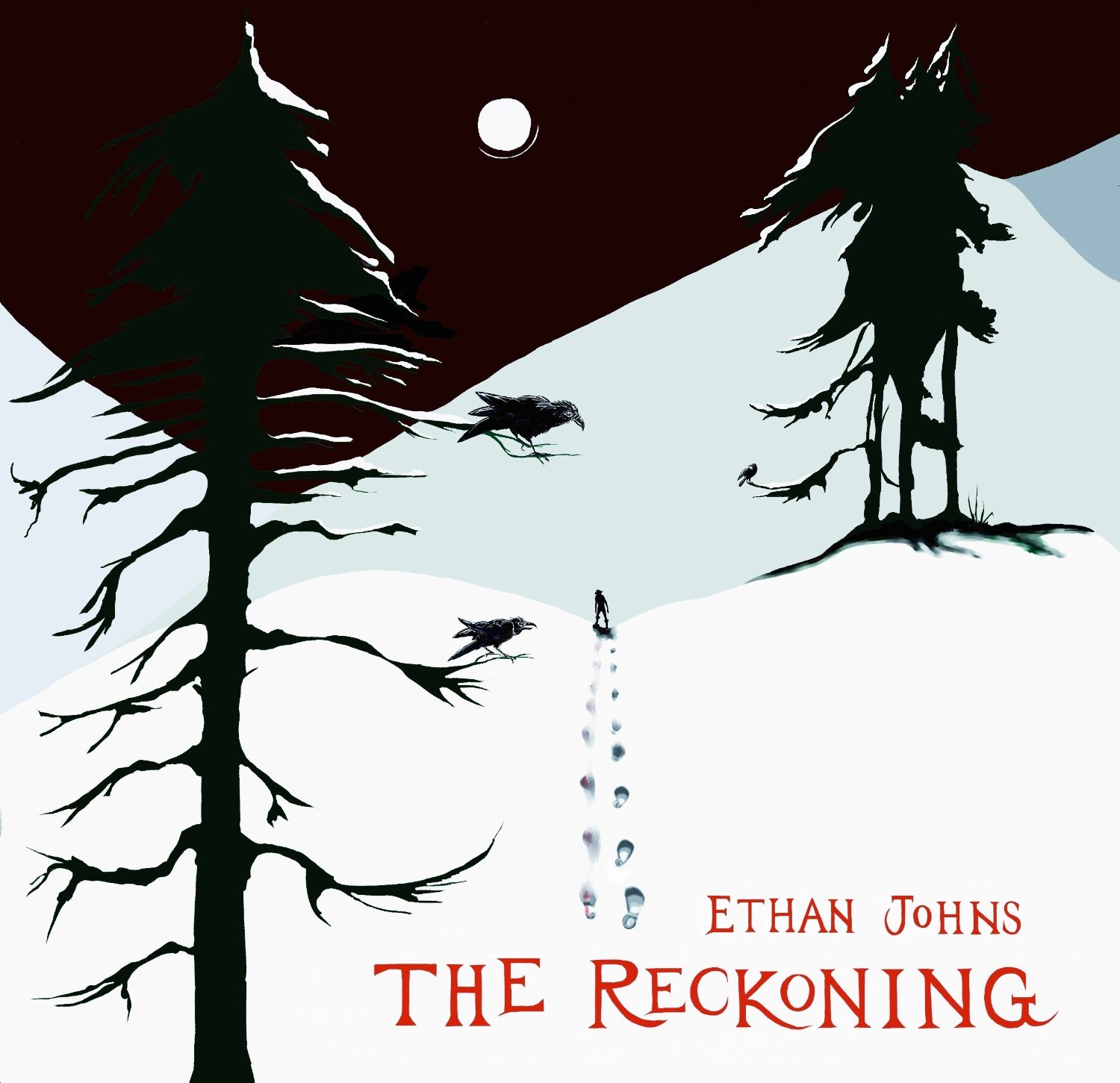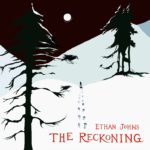
Three Crows Records
Son of legendary British producer Glyn Johns, Ethan Johns has some impressive production credits of his own, harkening back to his work on U2’s “Rattle and Hum” in the late 1980s. Yet on his sophomore solo album, The Reckoning, Johns turns production duties over to his friend and collaborator Ryan Adams (yes, that Ryan Adams) and delivers a simple set of mostly acoustic songs that reaches substantial depths with a minimum of audio embellishment.
The Reckoning is a concept album that follows the path of fictional 19th century Englishman Thomas Younger as he comes to America to tracks his older brother James, who has already crossed the ocean to find the American dream as an outlaw, across the country. The journey exposes Thomas to hardship, loneliness and the realization that maybe he isn’t such a nice guy, either, even if he stays within the bounds of the law.
The album’s opening song, “Go Slow,” sets the tone as an indeed slow and sparse number featuring only Johns’ nimble acoustic fingerpicking and deep, maudlin vocal tones. Johns does not have a wide vocal range (at least demonstrated on this album) but can convey a full range of emotions within it and effectively draws a picture of an isolated man on an errand he probably doesn’t want to fulfill.
The first half of the album follows a similar pattern, mostly showcasing Johns’ dexterous abilities with the acoustic guitar and haunting singing voice, with some strings and bass in the background. Producer Adams does a nice job of carefully placing understated accompaniment where it fits, but mostly using the spaces between notes to convey the emptiness and foreboding the narrator feels as he traces his brother’s steps across the wilderness.
The record starts to get repetitive before it dramatically picks up with the sixth song “Talking Talking Blues,” a rousing traditional blues number featuring some nasty electric slide work from Johns and stomping percussion from Adams. The lulling effect of the first five songs works to make the shift in tone even more dramatic, making The Reckoning something better listened to as a whole.
The following song, “The Lo Down Ballad of James Younger,” finally tells the tale of James, whose natural fortune-seeking mentality drew him from England to America, where he lives as an outlaw “northwest of Brookyln.” The song has a haunting lullaby melody reminiscent of John Lennon’s “Working Class Hero,” and achieves a similar effect by contrasting heavy lyrics with a soothing and wave-like chord progression.
“Black Heart” lives up to its name with hard rock electric riffs provided by Adams and more aggressive picking and singing from Johns. The end result sounds something like the new brand of rock-flavored Nashville country, but with a much lower cheese factor. The album goes back to a quieter feel for the final two songs, “You Changed” and “The Modern Leader,” with the penultimate song featuring world-weary, moaning vocals not unlike those of Eddie Vedder on Pearl Jam’s more acoustically-based, contemplative songs.
The Reckoning takes the listener on a rewarding journey, but a serious one that invites reflection and careful listening. Not an album for your next party, but a good soundtrack for the morning after the party when you’re trying to put your head back together and make sense of it all.



No Comments comments associated with this post